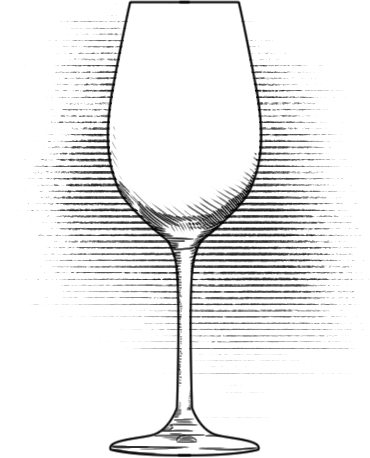
Vermouth is quietly making a big comeback. There are quite a few small producers making gorgeously complex and flavorful vermouths, both in its ancestral European homelands and in the Americas, reminiscent of days long gone. My hometown of New York City alone has Uncouth and Atsby which are two of my favorites. But I have a problem with this movement: they’re too closely tied to cocktails!
Before the modern cocktail movement vermouths were prized for sipping on their own (or on the rocks) as aperitifs or digestifs. In fact the primary botanicals that flavor these fortified wines were medicinal herbs, barks and roots that were specifically aimed at settling upset stomachs making them a natural digestion aid. Bust most importantly, these excellent new vermouths are so bold and delicious that they deserve to have the glass all to themselves.
I’m all for cocktails with vermouth as an ingredient and there are a handful of brands that have long been the choice for many great mixologists, simpler subtler vermouths specifically designed for blending with spirits in tins and shakers. And I know for marketing purposes the best way to sell anything tied with spirits is to tell people to make cocktails with it. But to really get the full benefit of great vermouth, pour a short wine pour into your favorite stemware and try slowly sipping it straight. It’s my drink of choice for lazy summer afternoons. Just don’t forget that vermouth is not a spirit: it’s a fortified wine and it behaves much more like wine. This means that it will deteriorate after opening and should be kept chilled, preferably with the air removed from the bottle with a vacuum pump, to ensure that it retains as much of it’s flavor with a minimum of spoilage.

